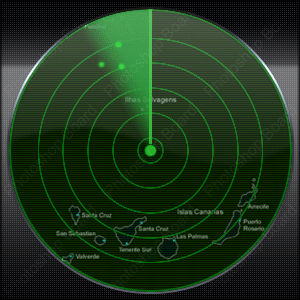"Mind the Gap" is heard on the London Underground all the time, it reminds passengers to be careful of the space between the platform and the cars. The London Underground system known as "the tube" is easier to navigate than one may think when they first look at the map.
You can pick up an Underground map at any tube station or download one oneline from "Visit London". The various tube lines are designated by diferent colours. Interchanges are clearly designated too. There are 12 Underground lines in greater London and over 300 stations, generally the trains run Monday to Saturday from 5 a.m. to midnight with fewer trips on Sunday.
Fares are designated by zones, zone 1 and 2 are in Central London and Zone 6 at the outer edge. It is cheaper to travel zones 3,4,5 and 6 than 1 and 2, however you have to pay for all the areas which you pass along the way. It is recommended to buy an Oyster card. It offers several different options, Oyster Pay as you go card or Oyster Travelcard. The Oyster Travelcard allows unlimited travel for a certain amount of time (1,3 or 7 days). The Oyster Pay as you go card allows you to put money on your card, when it runs out you refill the card. With the pay as you go card once you have reached a certain amout of money on a particular day then the rest of the day is free, this is called a cap system.
You must always check the front of the incoming train to make sure you are going in the right direction. Tube´s do not run all night, the last train runs around 1:30 a.m. or earlier. London has a nightbus service which runs all night.
London Underground Map:
London Underground Map with Zones 1-2 is central London, Zone 6 at the outer edge





